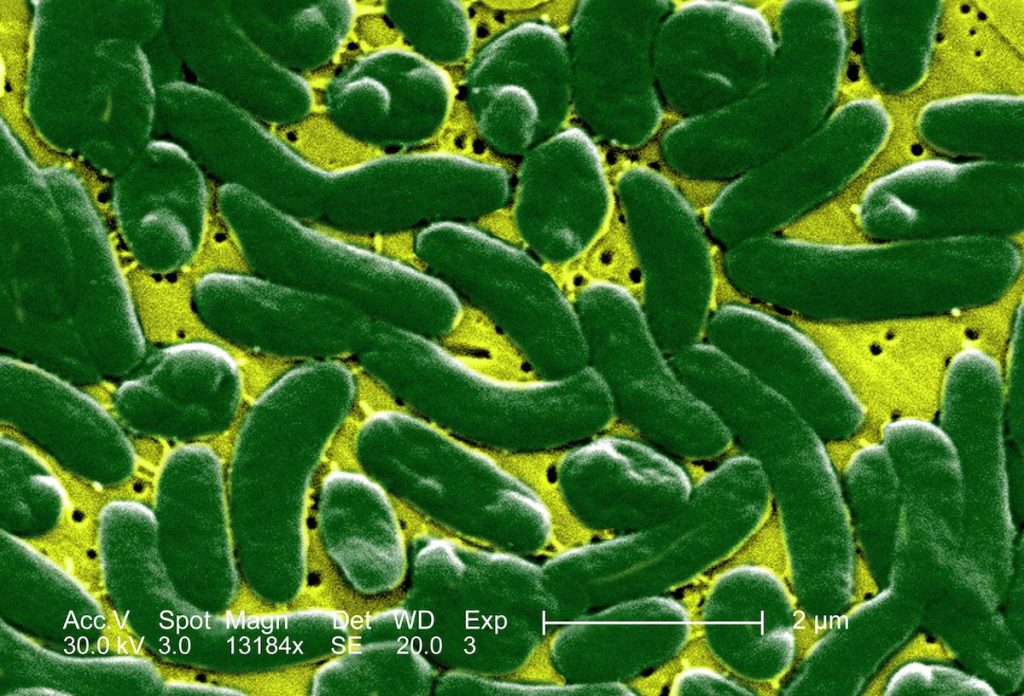Health officials urge residents to avoid raw oysters and seafood as

TALLAHASSEE, Fla. — Four people have died this summer in Florida from infections caused by Vibrio vulnificus, a rare but extremely dangerous flesh-eating bacterium found in warm coastal waters.
State health officials confirmed that the fatalities occurred in separate counties, each tied to exposure in saltwater or through eating raw shellfish—especially oysters. With Gulf Coast temperatures climbing well above average, Vibrio bacteria are thriving.
“People with weakened immune systems, especially those with liver disease or open wounds, are most at risk,” said Dr. Anita Simmonds, a Florida Department of Health epidemiologist. “Even wading through water with a small cut can result in life-threatening infection.”
Vibrio vulnificus can cause necrotizing fasciitis, a condition where soft tissue rapidly breaks down. The bacteria can enter the body through cuts, scrapes, or by consuming contaminated seafood.
“Symptoms typically begin within 24 hours—fever, chills, vomiting, and blistering skin,” Simmonds said. “If left untreated, the infection can become fatal very quickly.”
Last year, Florida recorded 11 deaths from Vibrio infections, underscoring the need for continued public awareness. The CDC estimates roughly 80,000 illnesses and 100 deaths occur annually from various Vibrio strains nationwide.
Public health officials advise the following precautions:
Avoid swimming in brackish water with open wounds.
Use waterproof bandages if entering coastal water.
Do not eat raw oysters or undercooked seafood. Vibrio bacteria can survive in uncooked shellfish and pose a serious health risk.
“Vibrio can’t be seen, and it doesn’t give you a warning,” Simmonds warned. “We want people to enjoy the water—but do it safely.”

